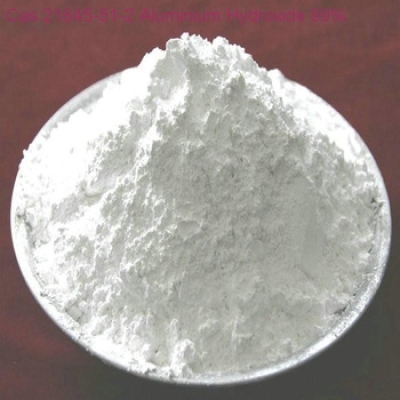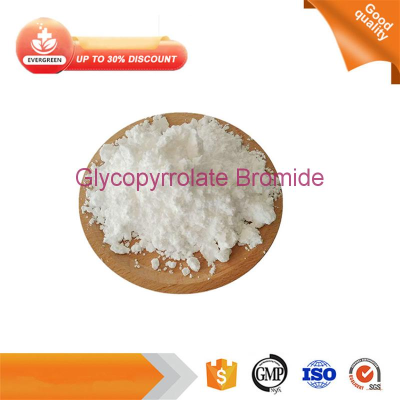-
Categories
-
Pharmaceutical Intermediates
-
Active Pharmaceutical Ingredients
-
Food Additives
- Industrial Coatings
- Agrochemicals
- Dyes and Pigments
- Surfactant
- Flavors and Fragrances
- Chemical Reagents
- Catalyst and Auxiliary
- Natural Products
- Inorganic Chemistry
-
Organic Chemistry
-
Biochemical Engineering
- Analytical Chemistry
- Cosmetic Ingredient
-
Pharmaceutical Intermediates
Promotion
ECHEMI Mall
Wholesale
Weekly Price
Exhibition
News
-
Trade Service
Ulcerative colitis (UC) and Crohn's disease (CD) are both inflammatory bowel disease (IBD)
Ulcerative colitis (UC) is the most common colon disease with an annual incidence of 2-10/100,000 and a global incidence of about 35-100/100,000
UC occurs most often in young adults, with a peak age of onset between 20 and 49 years old, with no significant gender differences
The clinical manifestations of UC are persistent or recurrent diarrhea, mucus, pus and blood in the stool with abdominal pain, tenesmus, and systemic symptoms of varying degrees.
The severity of ulcerative colitis:
① 48% of ulcerative colitis patients were in remission;
②30% have mild disease activity;
③ 20% had moderate disease activity;
④1% to 2% suffer from serious diseases
Regarding the diagnosis of UC, the "Consensus Opinions on the Diagnosis and Treatment of Inflammatory Bowel Disease (2018, Beijing)" has newly added "laboratory examination and Imaging" section
1) Intestinal wall thickening: It first starts in the rectosigmoid colon, and the lesions progress retrogradely and upwardly, showing a "backflow" change, involving the adjacent colon, and the involved intestinal segments show continuous thickening, and the wall thickening is generally less than 10 mm.
2) Significant enhancement of the intestinal wall: the enhancement of the thickened intestinal segment is significantly higher than that of the surrounding intestinal canal, often showing stratification, the abnormal enhancement of the mucosa is high density, and the submucosal edema is low density
3) The colonic bag becomes shallow or even disappears: when the disease course is long, the colon is abnormal in shape, showing a "lead tube-like" change, the intestinal lumen is usually narrow, and the shape is relatively fixed
4) Periintestinal changes: hyperplasia of mesenteric blood vessels, thickening and dilation of the small rectal blood vessels (sigmoid artery and superior rectal artery) at the end of the affected bowel; when there is exudation around the bowel, it is manifested as increased mesenteric fat density and fibrofatty proliferation
5) In the chronic stage, the colonic submucosa will widen and fat deposits, resulting in a parietal layer of the "fat halo sign", an intermediate ring of fat density separating the intestinal mucosa from the outer soft tissue muscularis propria and serosa, a finding in UC ( 61%) was more common than CD (8%)
6) Complications: a.
CT is not only conducive to the diagnosis of UC, but also facilitates the evaluation of the degree of UC involvement, and helps to find the complications of UC, thereby assisting the clinical designation of appropriate treatment plans







